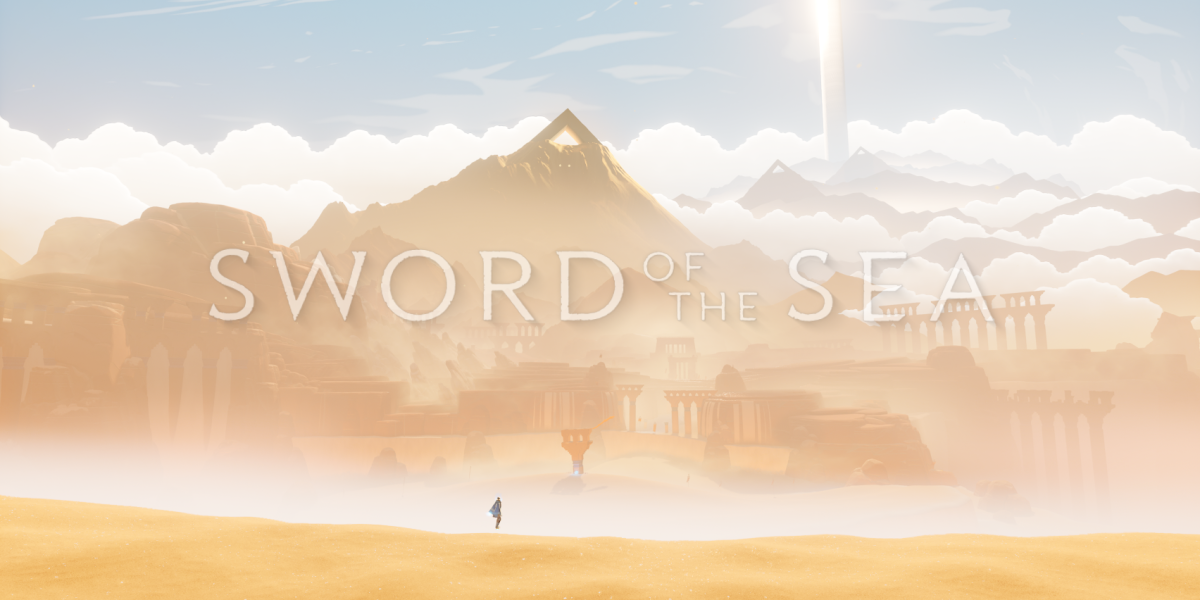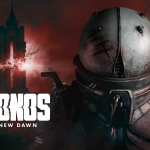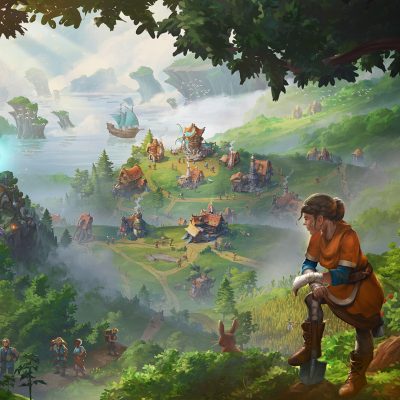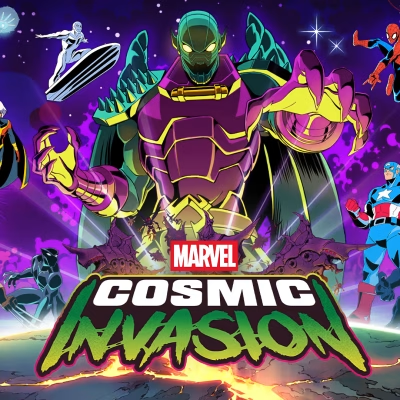What I usually find fascinating about indie games is how small teams can pull you in and hold your attention for a few hours without any unnecessary fluff. It’s the opposite of AAA titles, which can overwhelm you with thousands of details and still fail to truly captivate. Sword of the Sea nails this balance perfectly.
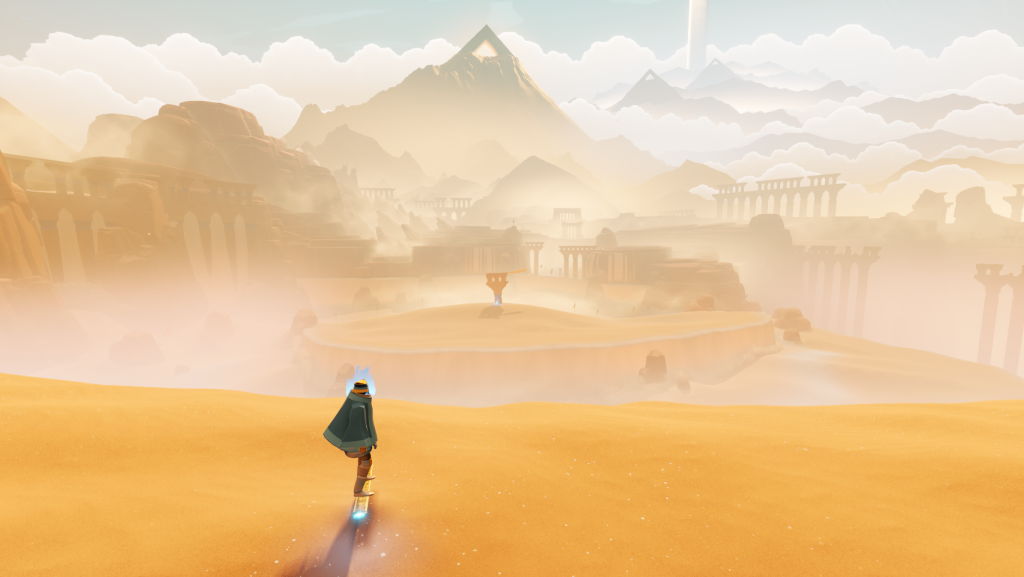
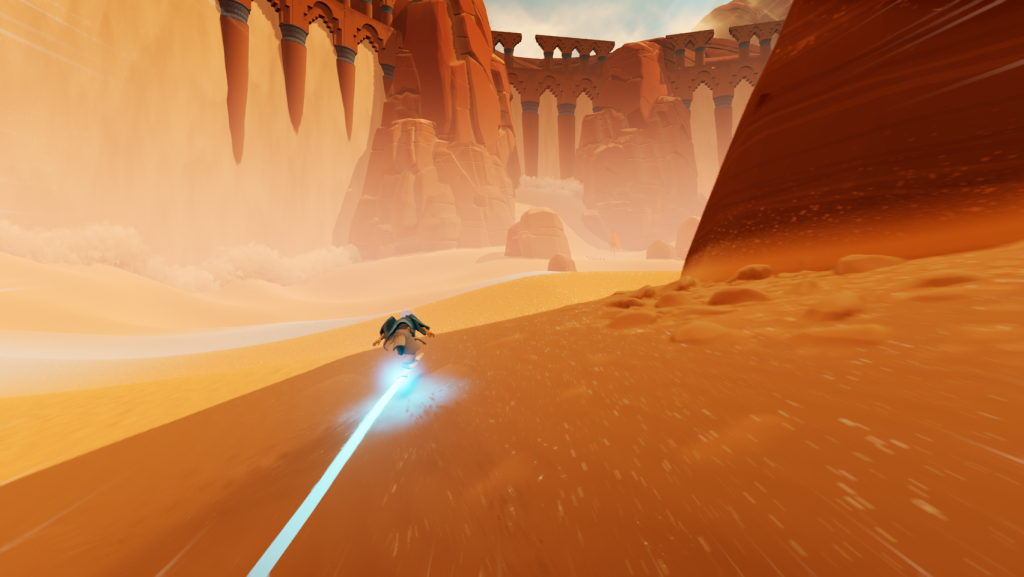
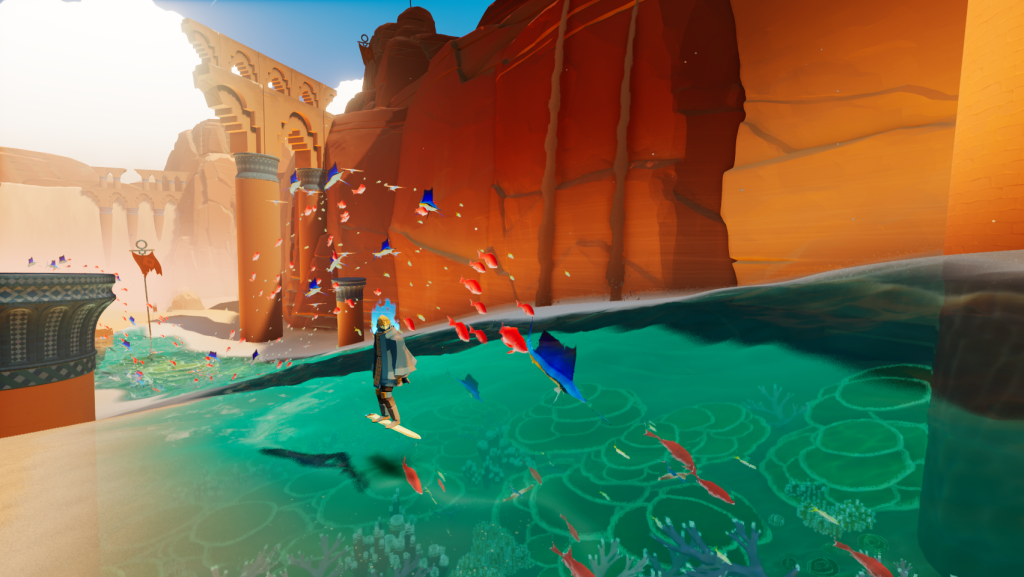
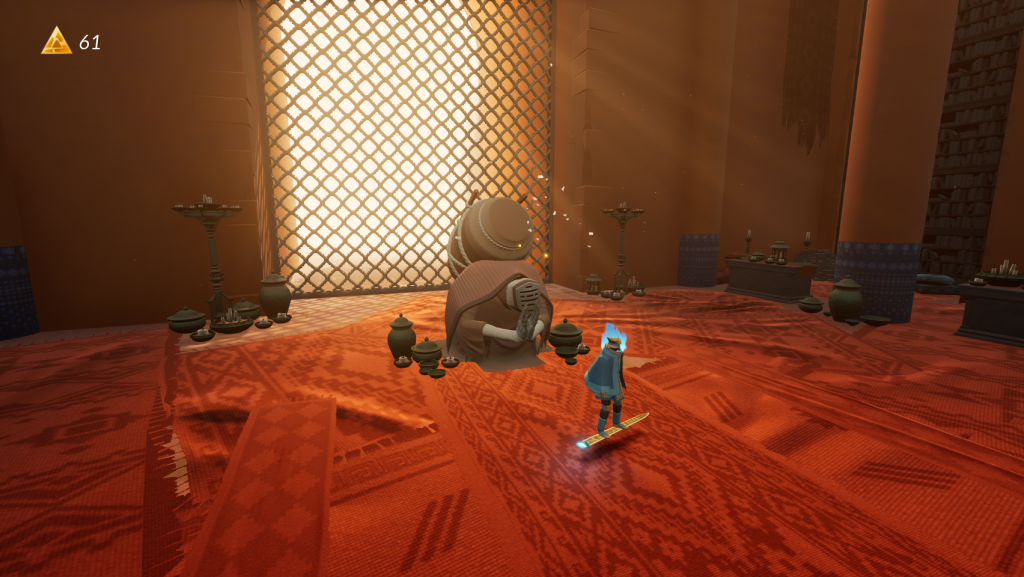
Picture a world where water has become a forgotten element, leaving only barren deserts and frozen landscapes in its place. Life is almost nonexistent, and even waterfalls have turned into cascades of dust and soil. In such a setting, it’s no surprise that your ultimate goal is to bring water back to this lifeless world. That’s the heart of Sword of the Sea: you play as a lone warrior determined to restore life, and the game doesn’t burden you with difficulty or complexity. All you need to do is hop on your sword like a hoverboard and glide through its breathtaking environments.
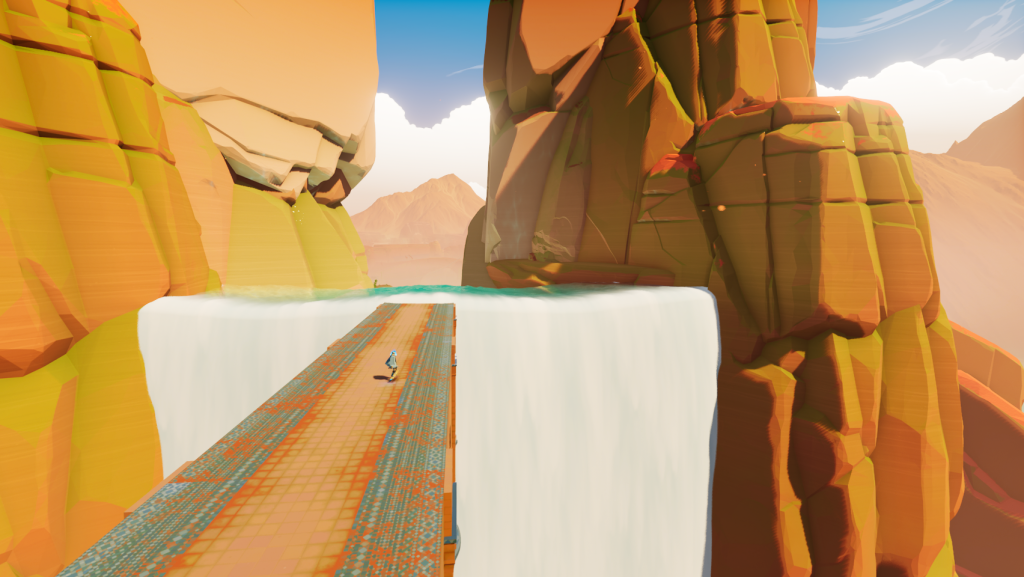
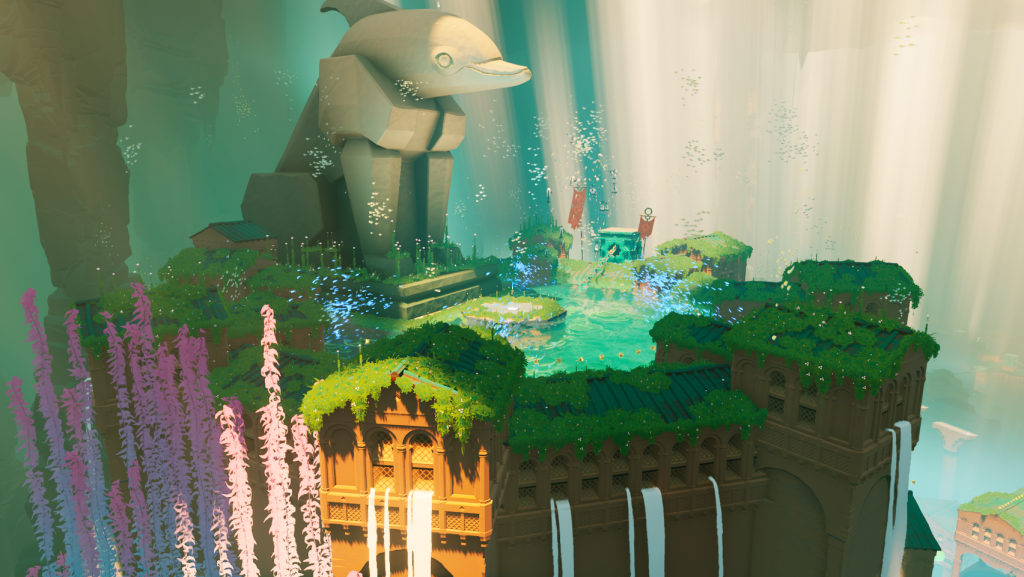
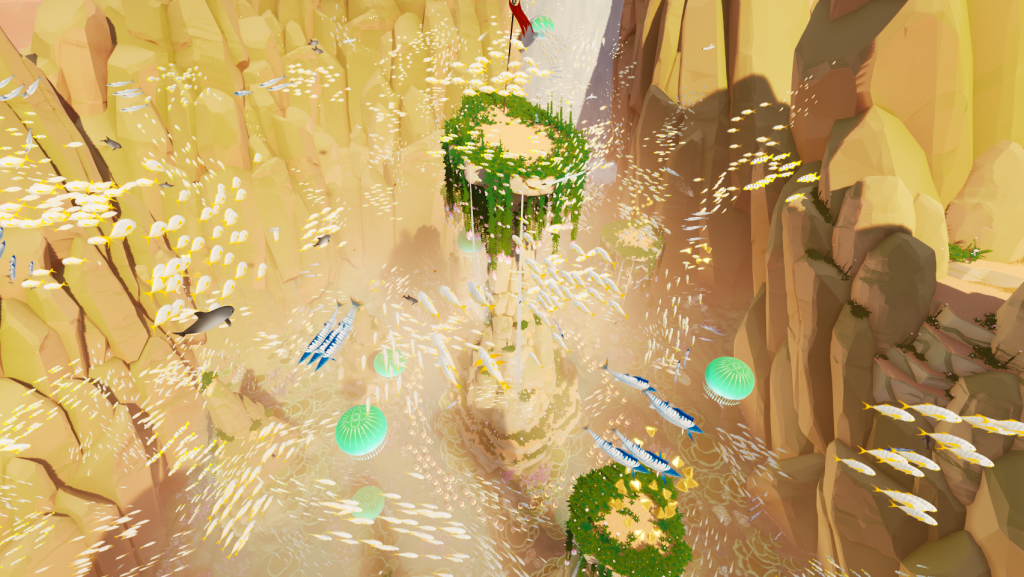
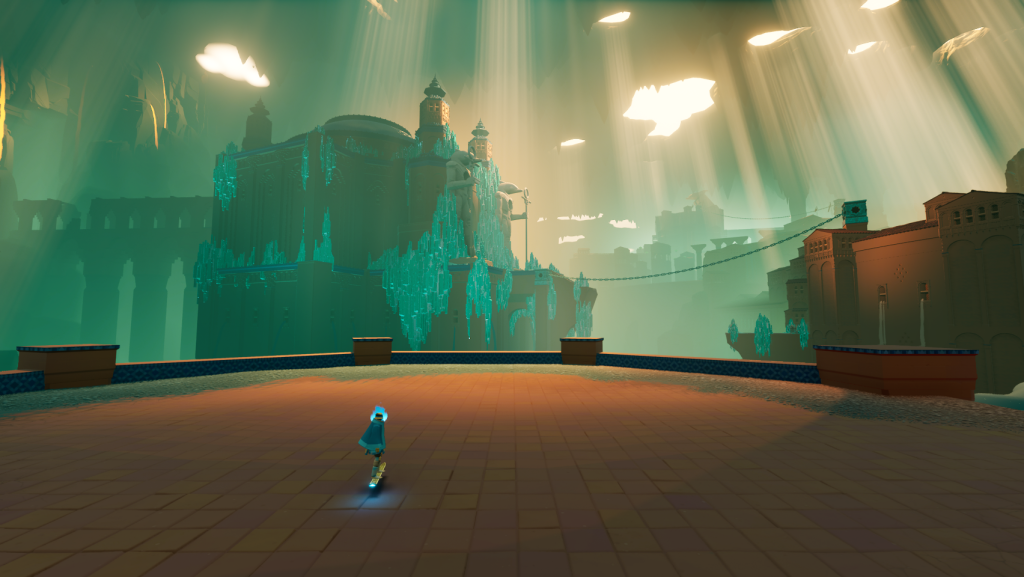
The story is simple but told in a way that’s engaging for anyone. Once again, we see a battle of good versus evil, this time embodied by water and fire. As a warrior from the realm of water, you set out to restore abundance and life. Along the way, you’ll encounter another warrior, uncover ancient murals, and eventually face off against a fiery monster. It’s a straightforward narrative that perfectly suits a short, three-hour indie experience.
But let’s be honest: what has gamers talking about Sword of the Sea isn’t its story. From the very start, the game immerses you in its stunning world; A world designed to be explored without stress or frustration. That simplicity is exactly what makes so many players fall in love with it. You can upgrade your moves and push for high scores using in-game currency, but none of it is necessary. You can just as easily complete the game without engaging with those systems.
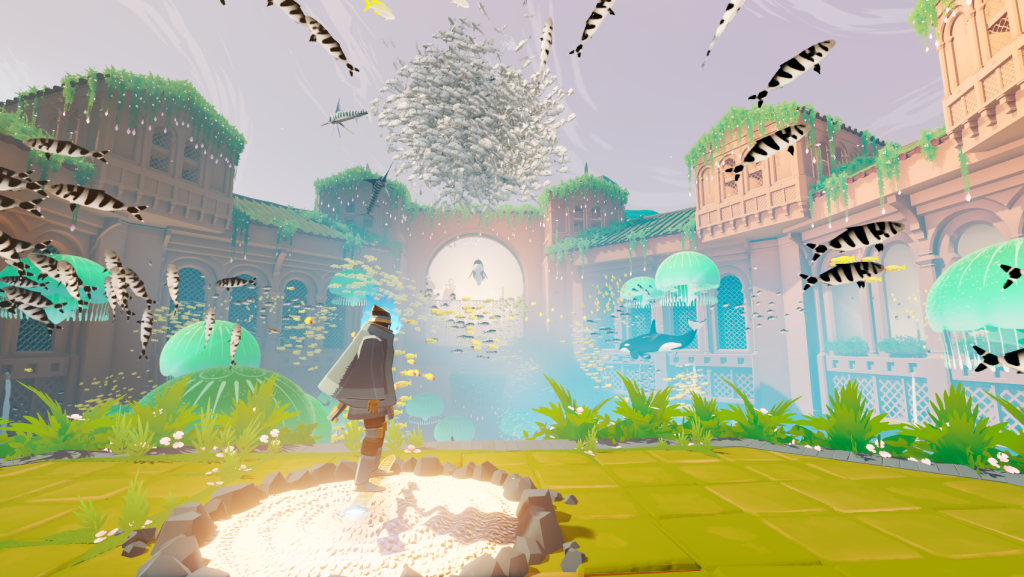
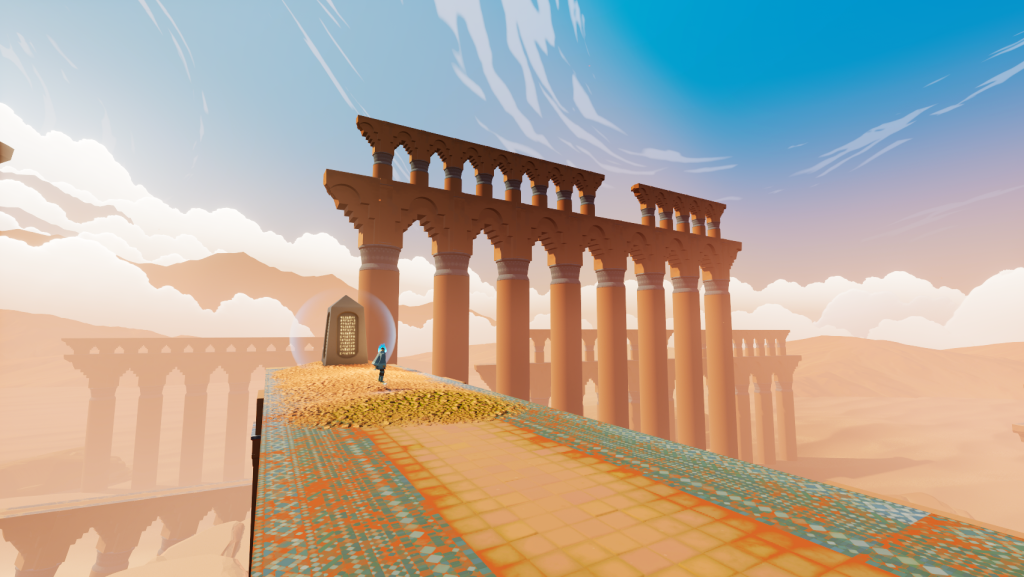
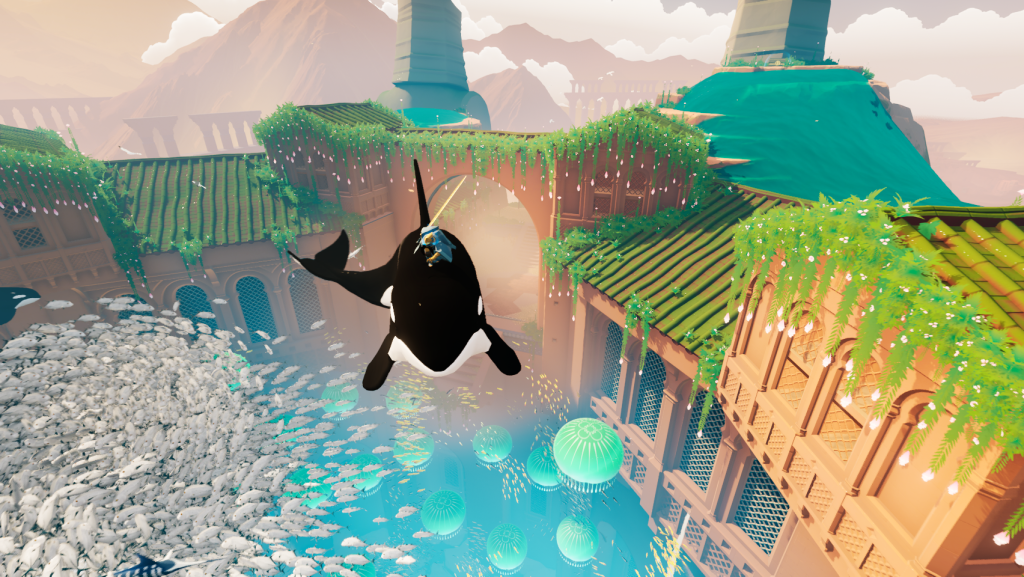
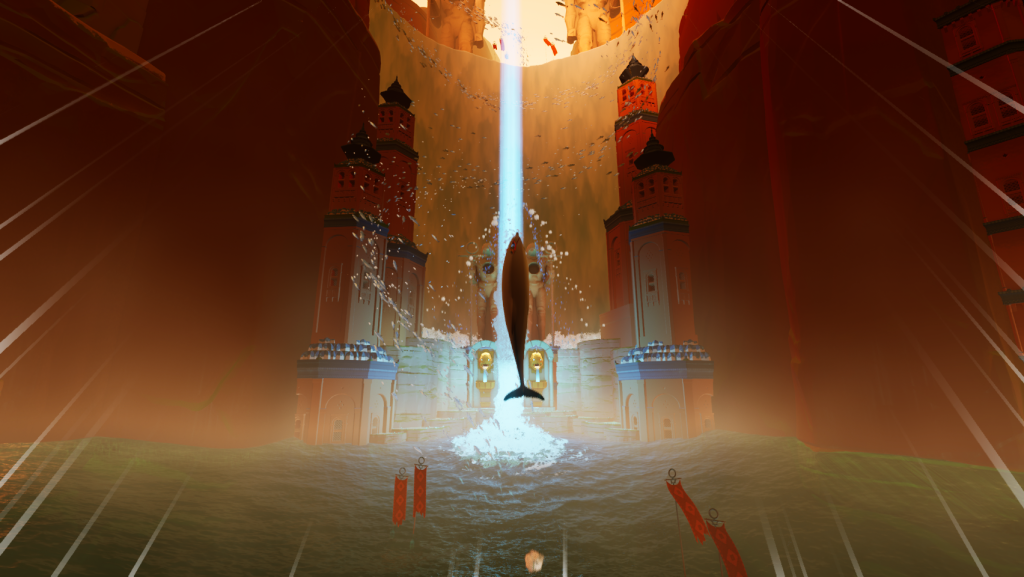
It’s such a streamlined experience that some players might finish it in just two hours, while others might spend four or more simply soaking in the world’s beauty. If titles like Journey or Abzu left you mesmerized, there’s no doubt Sword of the Sea will do the same, guiding you through every breathtaking corner of its landscape. The developers have poured incredible care into the world’s design, and when paired with its hauntingly beautiful soundtrack, it creates a rare kind of magic that will tempt you to return even after the credits roll.
The smooth, fluid gameplay is perhaps the game’s strongest asset. There’s nothing overly complicated or punishing here, just keep moving forward and enjoy the ride. The environments are so well-crafted that exploration alone feels rewarding. Even gamers who love scouring every inch of a game will find something here to appreciate. Sword of the Sea is the kind of experience that, when finished, leaves you smiling and thinking, That was wonderful.
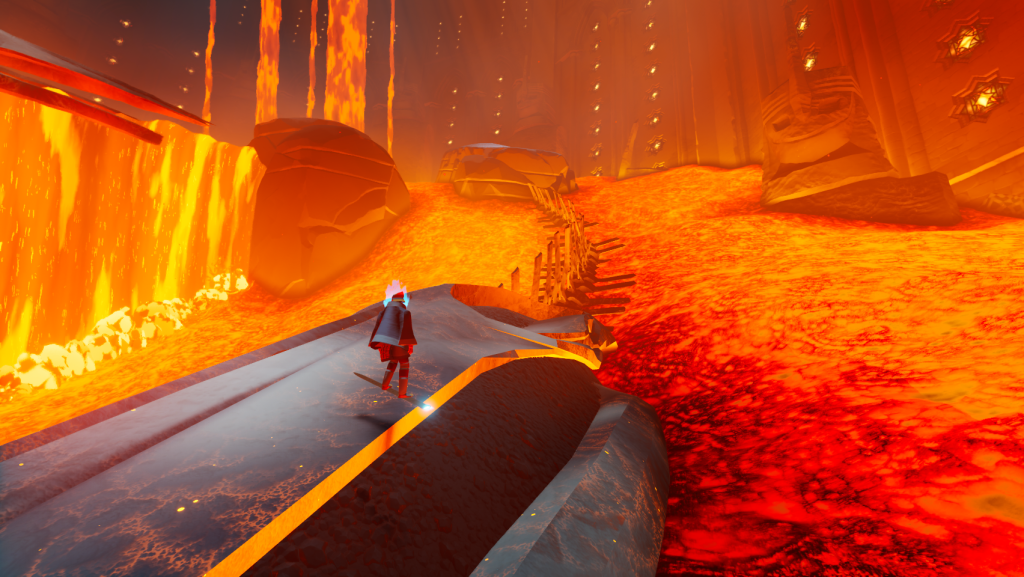
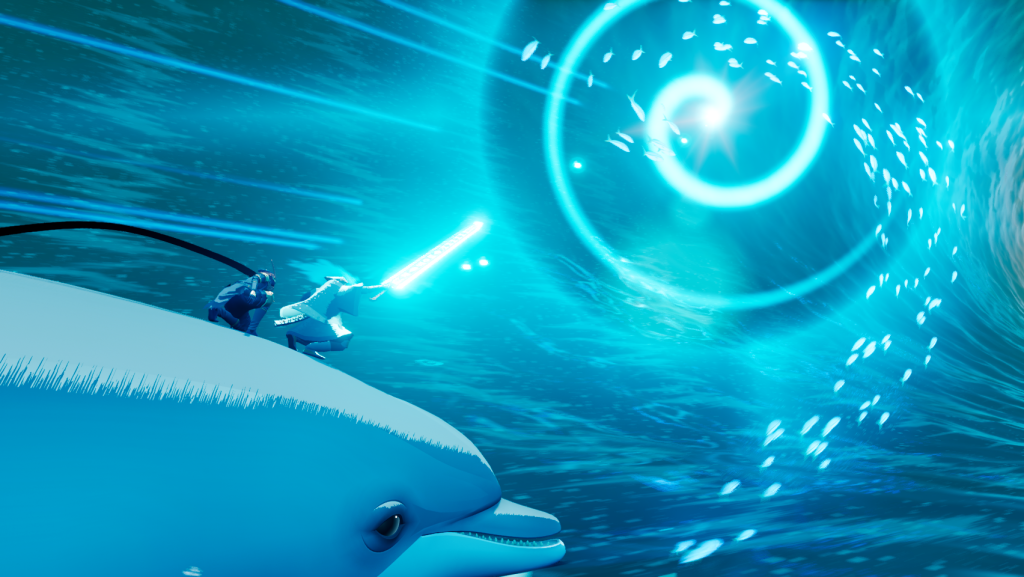
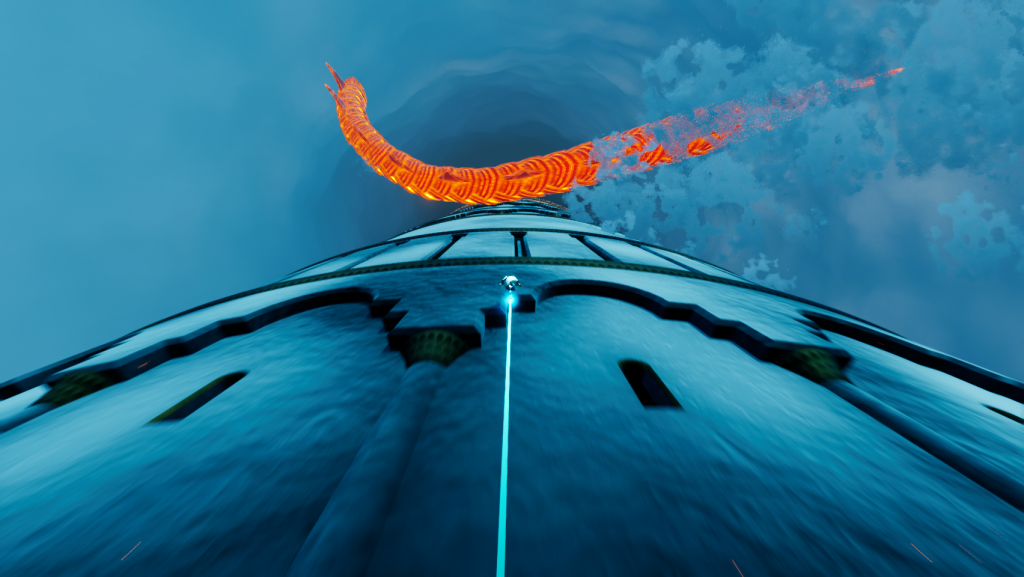
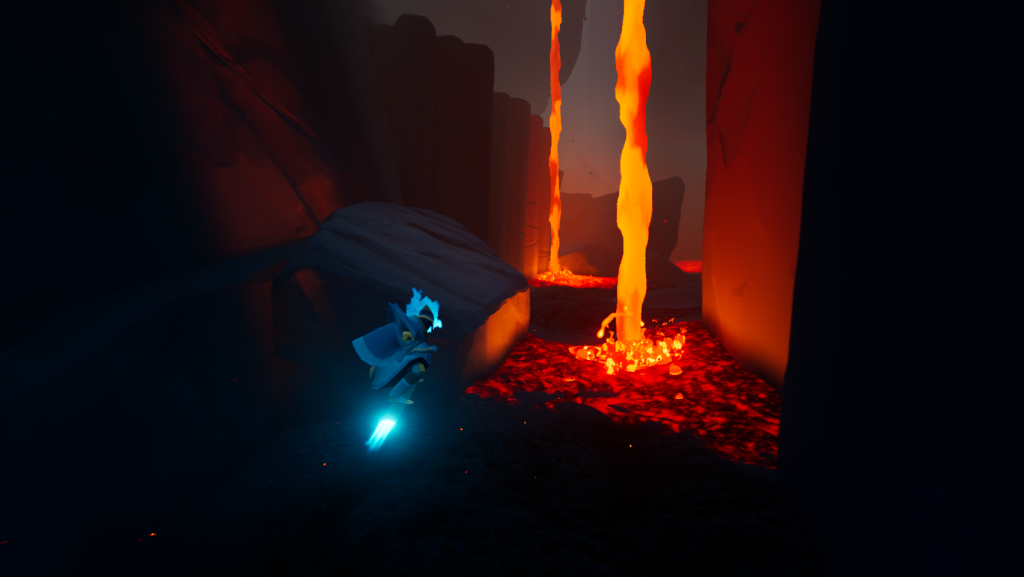
Creating a game that appeals to players of all skill levels, while still carrying a strong artistic identity, is no small feat. But that’s exactly what Giant Squid has done, and honestly, we wouldn’t expect any less from the studio that gave us Abzu.
For me, Sword of the Sea felt like stepping into a living painting. Its distinct art style, which has become Giant Squid’s signature, combined with a powerful and fitting soundtrack, creates moments of pure serenity. Before it hit PlayStation Plus, its price was probably its biggest drawback. Now that it’s accessible on PS Plus Extra, there’s no excuse not to dive in.



